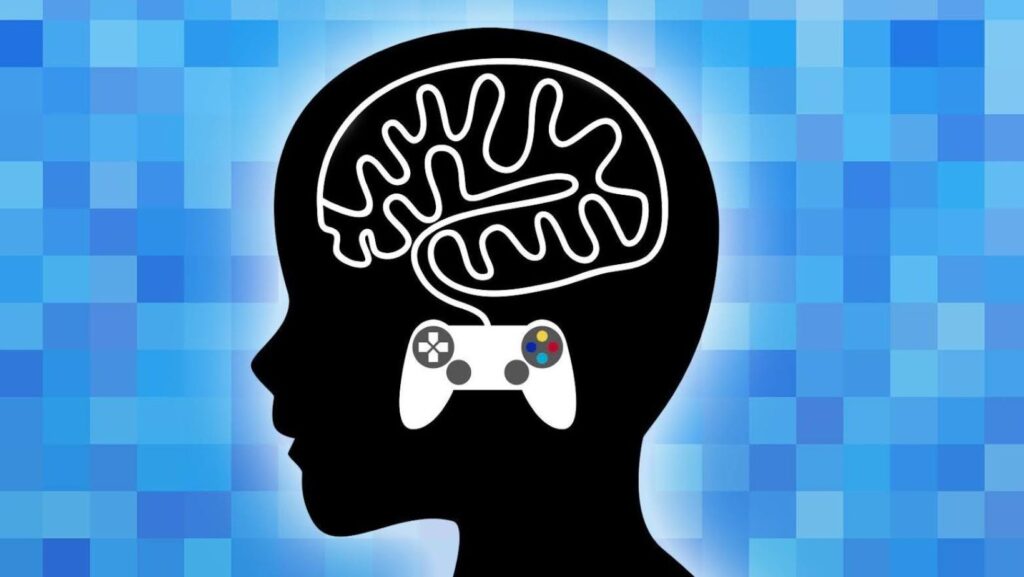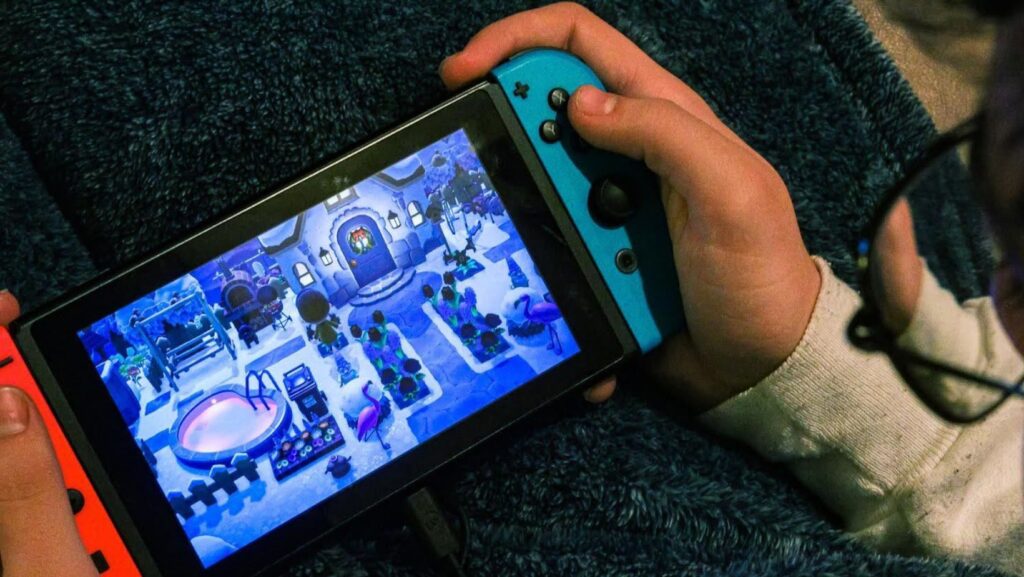Anxiety and stress have become quite common in the lives of many people in the present. Work deadlines, information overload and social pressure often lead to emotional fatigue and burnout. So people began to look for effective ways to relieve tension and one of the best was video games. It turns out that the gameplay can not only entertain, but also positively affect the mental state, helping to reduce anxiety, improve mood and restore emotional balance. In this article, we’ll talk about the benefits of video games and how they can help fight anxiety and stress.
Psychological Mechanisms of Gaming and Stress Relief
It’s no secret that video games activate certain brain mechanisms. In addition to the task function, video games also stimulate the production of dopamine, a pleasure hormone. This helps create a state of immersion known as “flow,” where the person is fully focused on the task and experiences fewer anxious thoughts.
However, not all games are equally useful. Let’s analyze the example of e-sports disciplines that have a competitive element and team interaction. For example, in first-person shooters, much attention is paid to shooting skills and coordination of actions. Players from the best cs 2 teams are able to communicate perfectly in the team and coordinate their actions accurately. In addition, when the team gets good results, players keep additional social support, which reduces the feeling of isolation. Playing competitive games can be an effective tool for dealing with stress, especially for people who experience a lack of communication in real life.
In addition, games with clear goals and a reward system help to learn structure, time planning and goals, which is very important for those who are struggling with anxiety disorders.
The Role of Different Game Genres in Reducing Anxiety
As mentioned above, different genres of games have different effects on the emotional state of the players. We have collected a list of the most popular genres and briefly talk about their impact on the emotional state of a person:
- Casual games (puzzles, mobile arcades) provide quick distraction and can be an excellent tool for relieving instant stress.
- Role-playing games (RPG) allow creating your own character and exploring virtual worlds, which helps the player “escape” reality and shift focus.
- Competitive online games contribute to the development of teamwork and communication skills, which is important for social stability and emotional comfort.
- Simulators and creative games (city building or design projects) stimulate creativity and create a sense of achievement.
There are many more genres and the choice of what to play depends on personal preferences and current emotional needs. To better understand what suits you, we recommend that you try playing several genres.
Social Interaction and Community Support
One of the key factors that makes games a good anti-stress tool is the ability to communicate. Online games usually have multiplayer modes where players can interact, share experiences and even make real friends.
There have been many studies that show that support from like-minded players can reduce levels of cortisol, a stress hormone, which contributes to the improvement of luidna. Regular communication with like-minded people helps players feel part of the community, which is especially important for people who feel lonely. Social connections built in the game sometimes become even stronger than those formed in offline life, because they are based on common interests and mutual support.
This does not mean that communication in the game environment is better than in real life, because before all people live in society, and not in the virtual world.
Mindfulness and Emotional Regulation Through Gaming
Many modern games use many technologies and are designed with mindfulness concepts in mind. In addition to following the storyline, they encourage the player to focus on the game environment, discard disturbing thoughts and focus on the process. This type of gaming has a moderate pace and can be considered mediative.
For example, indie games that are built on calm gameplay, which is accompanied by soft musical design and atmospheric visuals. They help you relax after a busy day or after competitive video games. For some people, such games become an alternative to traditional relaxation methods like yoga or meditation.
Regular use of games as a tool for regulating emotions can contribute to better adaptation to stressful situations and the overall improvement of psychological well-being.
Physical Benefits of Gaming for Stress Reduction
Although video games are often associated with a sedentary lifestyle, modern technology has proven that the gameplay can also attract physical activity. VR games and interactive sports simulations require the player to move to act in the game and stimulate muscle involvement. Yes, this is not comparable to exercise in the gym, but it destroys the stereotype of gamers as a lazy caste.

In addition, physically active games can be a good way to start playing sports. Of these, you will get a moderate physical activity that will be good preparation for full training. Even short but intense gaming sessions with movement elements can increase energy levels, improve sleep quality and overall body tone, which has a positive effect on the psychological state of the player.
Conclusion
In this text, you learned about the main benefits of video games and how they can be an effective tool to reduce anxiety and stress. Through a combination of psychological mechanisms, social interaction and the possibility of complete immersion in an alternative reality, they help to relax and take a break from stress factors. To make video games effective, it is important to choose the right genre that meets your needs and emotional state, as well as to strike a balance between game time and other areas of life. Collecting all the facts to the heap can confirm that video games are a good tool to help people find peace, balance and sources of motivation.

